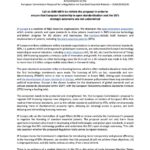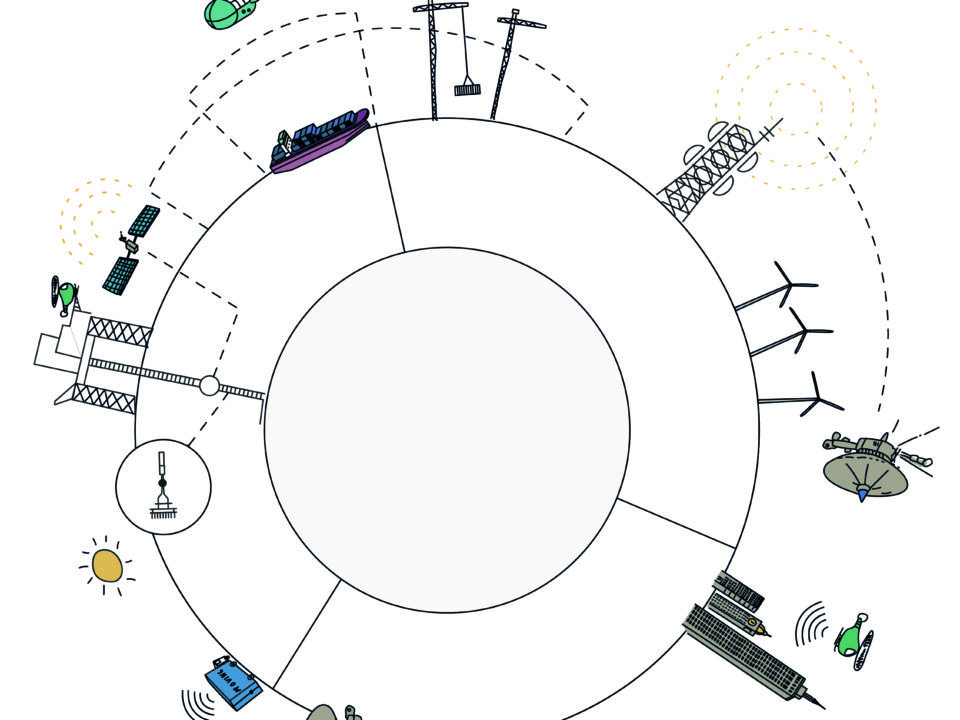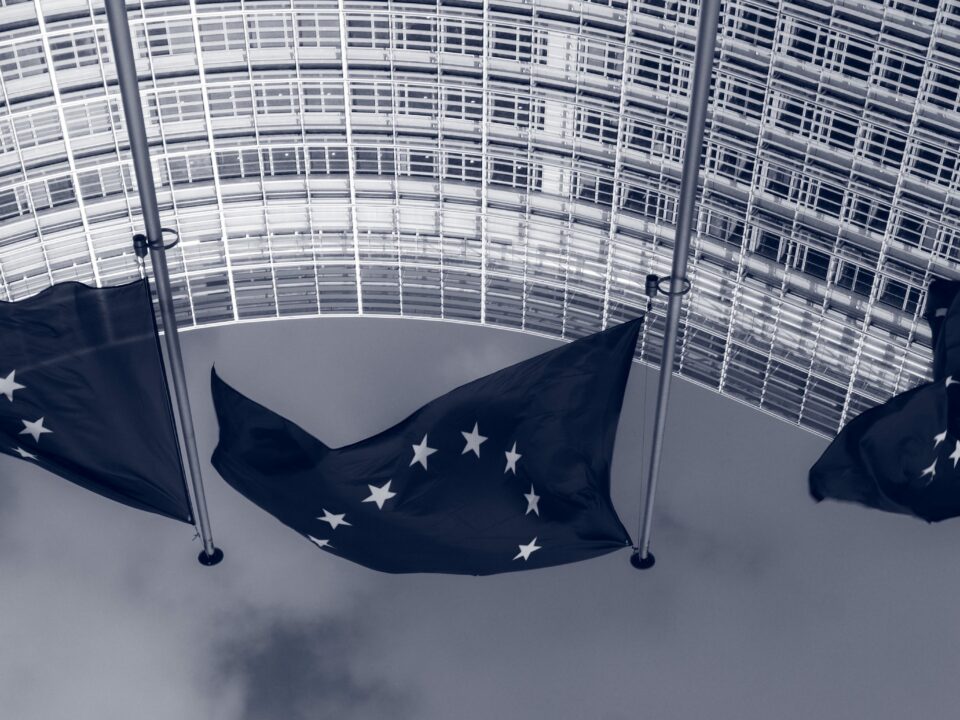IP Europe position on draft JURI Committee report
Draft JURI Committee report on Standard-Essential Patents
Amendments to the European Commission Proposal for a Regulation on Standard-Essential Patents – COM(2023)232
We call on JURI MEPs to rethink the committee’s draft report in order to ensure that they don’t undermine European leadership in open standardisation and the EU’s strategic autonomy.
IP Europe is a coalition of R&D-intensive organisations. We champion the open innovation ecosystem, which enables patents and open standards to drive private investment in R&D-intensive technology and deliver progress for EU citizens and businesses. Our members include both licensors and implementers of patents, including Standard-essential patents(SEPs).
IP Europe members collaborate within standards organisations to develop open international standards. SEPs, i.e. patents which are integrated in global open standards, are instrumental to Europe’s technology leadership in several industries, including mobile telephony (4G, 5G, 6G, etc.) and the Internet of Things (IoT). SEP licensing supports a virtuous cycle of innovation and growth. For example, cellular standards have disseminated like no other technology since the first call on a 2G network was made in July 1991 to more than 5.5 billion unique mobile subscribers in the world today.
SEPs deliver licensing income
The open standards ecosystem relies on licensing income, which is often realised a decade or more after the first technology investments were made. The licensing of SEPs on fair, reasonable and non-discriminatory (FRAND) terms is vital to ensure investment in future R&D, driving rapid innovation and the development of open standards in Europe, which European policymakers have long considered political imperatives. Europe is the chosen location for the development of global standards such as cellular standards (developed within 3GPP, with the European Telecommunications Standards Institute (ETSI) having a leading role).
This ecosystem needs to be protected and strengthened. Yet, the European Commission’s proposal to regulate SEP licensing imposes new obligations, costs and burdens on holders of European SEPs that read on international standards, such as the cellular standards published by ETSI, whilst simultaneously depriving them of (fundamental) property rights, delaying (or denying) access to justice, and both delaying and diminishing licensing revenues.
Whose interest is being served?
IP Europe calls on the Committee of Legal Affairs (JURI) to review carefully the Commission’s proposal to regulate the licensing of standard essential patents. The proposal would not only harm those upstream innovators who invest in developing critical technologies and global open standards. It would also damage the EU’s technology position and undermine the EU’s open strategic autonomy. This calls into question whether the proposed Regulation really serves European interests.
IP Europe shares the Commission’s objectives for introducing more transparency and greater efficiency in the licencing of SEPs. However, we consider that this proposal; (i) will not achieve these objectives, (ii) is disproportionate, and (iii) merits serious scrutiny, if not a total rethink.
No evidence of any market distortion
There is no evidence of a market distortion in the EU or disruption of trade between Member States warranting regulatory intervention. Such regulatory action is in conflict with the Treaties, as well as the EU Charter of Fundamental Rights, the European Convention on Human Rights and the EU’s obligations under the WTO’s TRIPs and TBT Agreements. On the contrary, the experts chosen by the Commission to analyse whether there is need for regulationfound that there was no empirical evidence or data which justified intervention, especially on such a massive scale.
The proposal undermines positive market developments and industry initiatives, such as the development of patent pools to facilitate licensing in new markets (e.g. for automotive and IoT) notwithstanding the Parliament’s recognition of “the value of existing industry-led voluntary initiatives to facilitate SEP licensing for the internet of things, such as licensing pools, which bring together the vast majority of European and international cellular technology developers”. It also threatens to undermine European courts, including the nascent Unified Patent Court (UPC), and push litigation to jurisdictions outside the EU.
The draft JURI committee report is an own goal in the making
Moving forward with the proposed heavy-handed regulatory intervention and placing additional (often duplicative) burdens and costs on holders of European SEPs, with no clear benefits or efficiencies, is an ‘own goal’ for Europe. It will undermine incentives to innovate and to contribute to standardisation at the very moment that the EU is focused on its 6G strategy.
Accordingly, we suggest that, rather than rush ahead with this proposal, the JURI Committee and the other Committees should carefully scrutinise the proposal and commission their own impact assessment.
Click on the thumbnail below for a PDF version of the introduction of our letter to the JURI committee.





